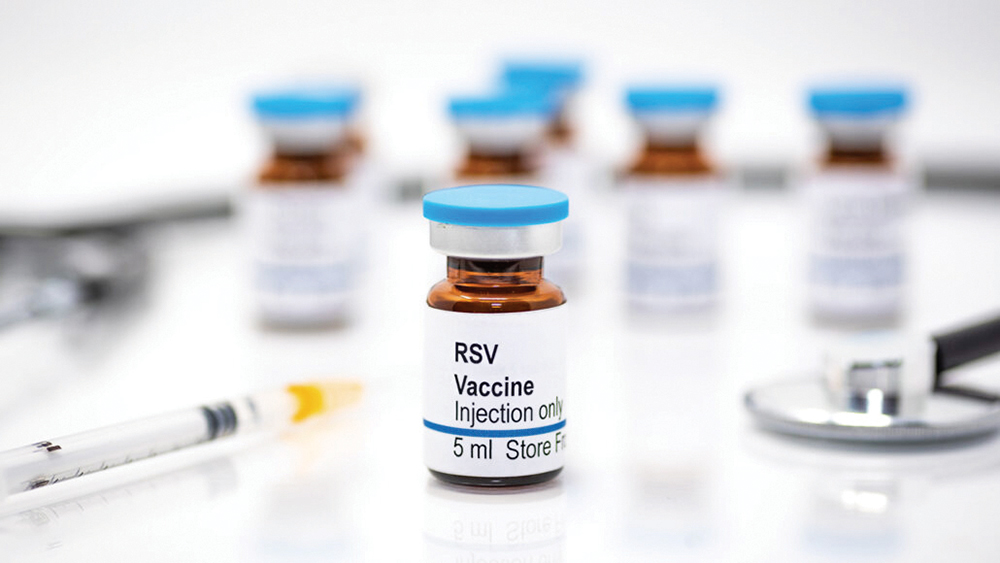
(Courtesy of Parkview Pharmacy) Respiratory syncytial virus, or RSV, is a common and highly contagious virus that affects people of all ages, but it can be particularly severe in infants and older adults. While RSV infections are typically mild and resemble the common cold in healthy adults, the consequences can be much more severe for vulnerable populations. In recent years, the development of an RSV vaccine has shown promise in preventing this viral infection and its potentially life-threatening complications.
RSV is a respiratory virus that primarily affects the lungs and the respiratory tract. It is a leading cause of lower respiratory tract infections in infants and young children. In adults, RSV infections generally result in mild symptoms such as coughing, sneezing and congestion. However, in certain high-risk populations, RSV can lead to severe illness, including bronchiolitis and pneumonia.
Who Is at Risk?
- Infants and young children: Infants born prematurely or with certain underlying health conditions are particularly vulnerable to severe RSV infections. In these cases, RSV can lead to hospitalization and even death.
- Older adults: RSV can also be a significant concern for older adults, especially those with weakened immune systems or pre-existing health conditions. In this population, RSV can exacerbate chronic respiratory conditions like chronic obstructive pulmonary disease (COPD) and increase the risk of hospitalization.
- Individuals with weakened immune systems: People with compromised immune systems, such as those undergoing chemotherapy or organ transplant recipients, are at a higher risk of severe RSV infections.
The Importance of Vaccination
Vaccination is one of the most effective ways to prevent RSV infection, especially among vulnerable populations. There are several compelling reasons why getting the RSV vaccine is crucial:
- Protecting infants: Vaccination of pregnant individuals with the RSV vaccine can provide passive immunity to their newborns, offering protection during the critical early months of life when infants are most vulnerable to severe RSV infection. This strategy has the potential to save countless infant lives.
- Reducing hospitalizations: RSV infections are a leading cause of hospitalization in infants and young children. Vaccination can significantly reduce the number of hospital admissions and the associated health-care costs.
- Preventing complications: Severe RSV infections can lead to long-term respiratory problems, such as asthma, in children. Vaccination helps prevent these complications and ensures a healthier future for children.
- Protecting the elderly: As people age, their immune systems may weaken, making them more susceptible to severe RSV infections. Vaccination in adults can reduce the risk of severe illness, hospitalization and even death.
Who Is Eligible?
Only those 60 and older are eligible at this time with the exception of pregnant people who are also able to receive the Pfizer vaccine during weeks 32-36 of pregnancy in order to pass antibodies to their babies. Other adults younger than 60 who are not pregnant are not able to access this vaccine.
The RSV Vaccine: A Promising Solution
The RSV vaccines work by stimulating the immune system to produce antibodies that can effectively fight off the virus. Early results from clinical trials have shown promising results in terms of safety and efficacy.
It’s important to note that vaccines go through rigorous testing to ensure they are safe and effective before being approved for widespread use. The development of an RSV vaccine has been a long-awaited breakthrough, and it could potentially have a significant impact on public health by reducing the burden of RSV-related illness.
At Parkview Pharmacy in Teaneck, your care is our priority and we provide all vaccinations.











